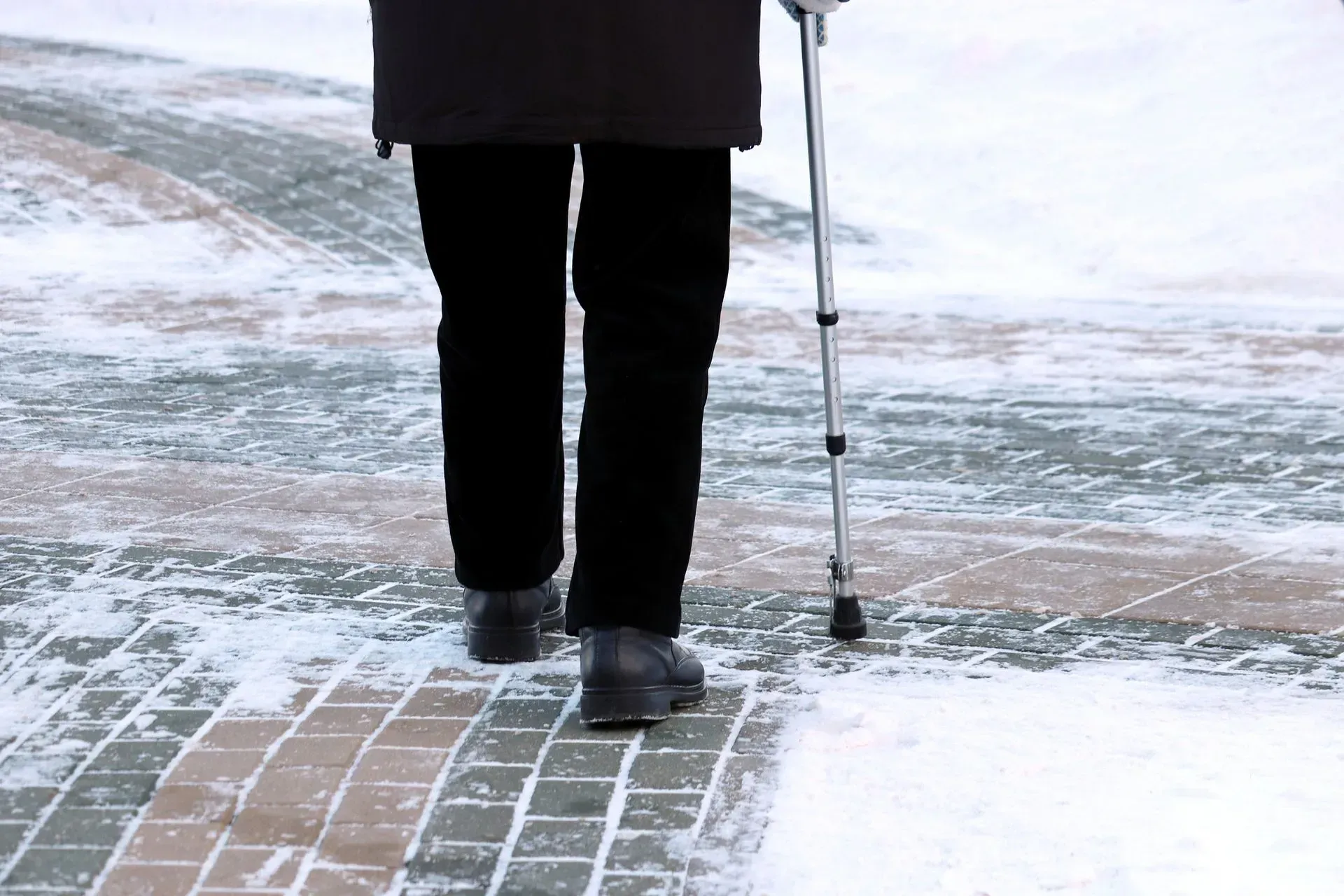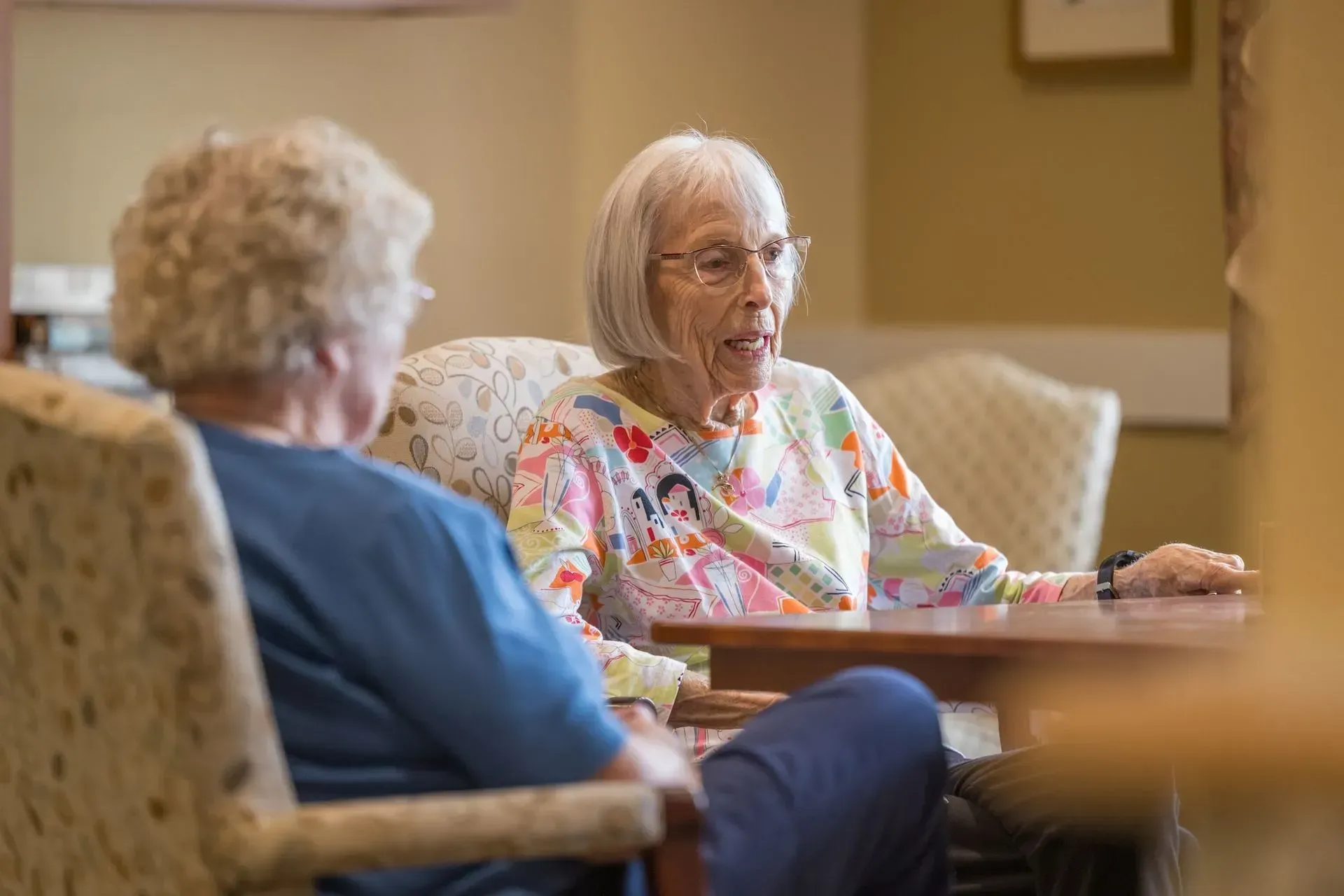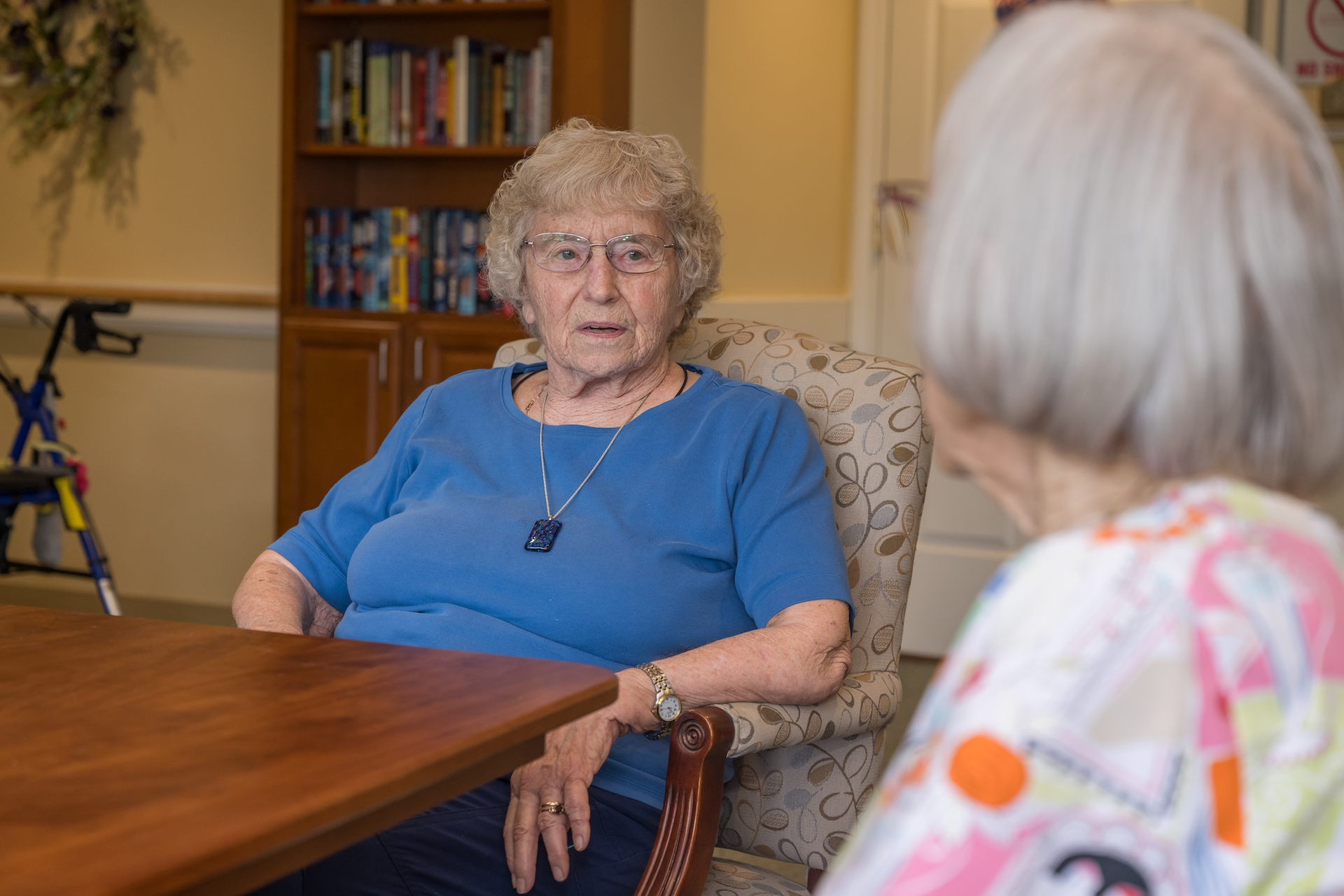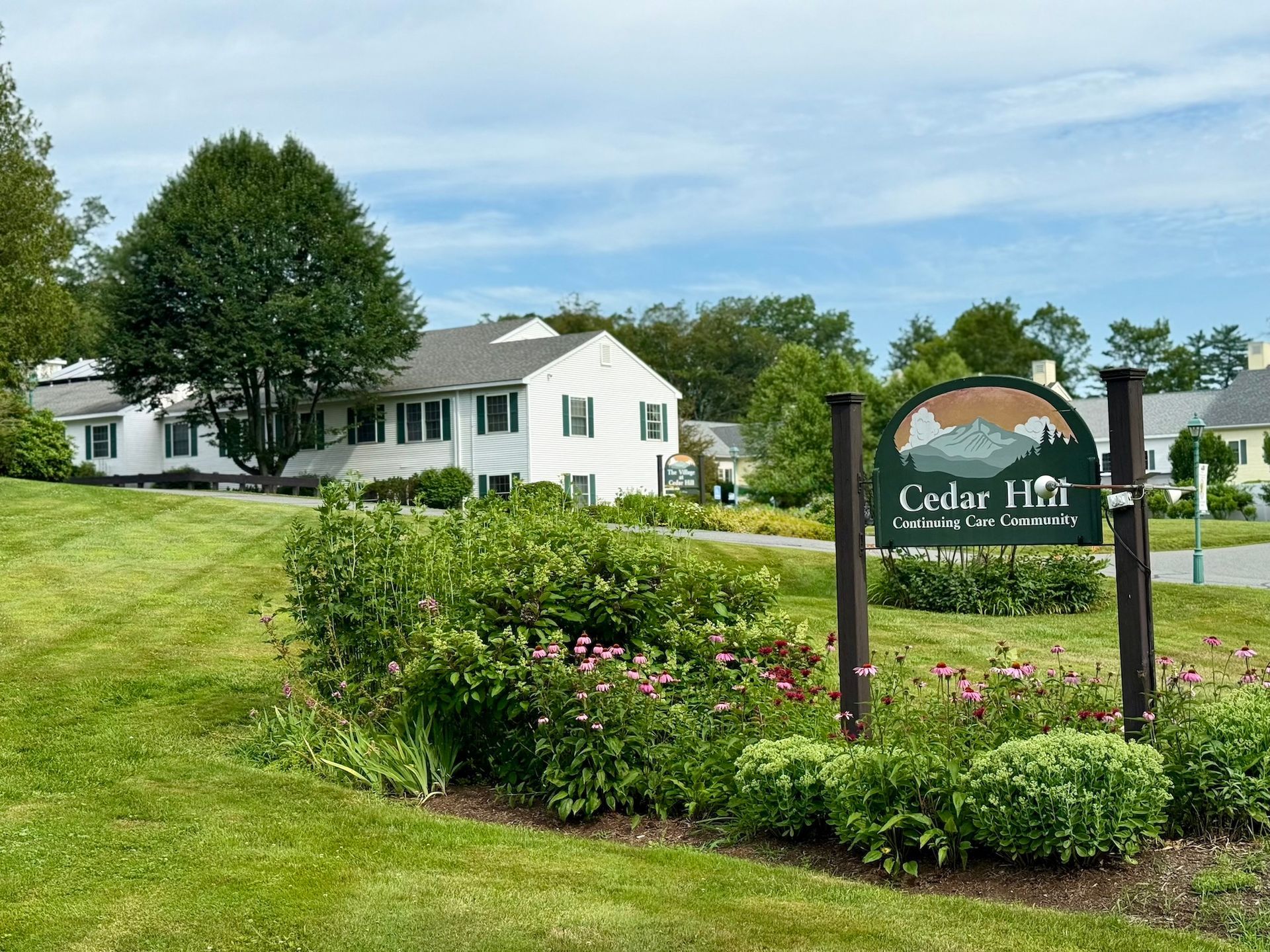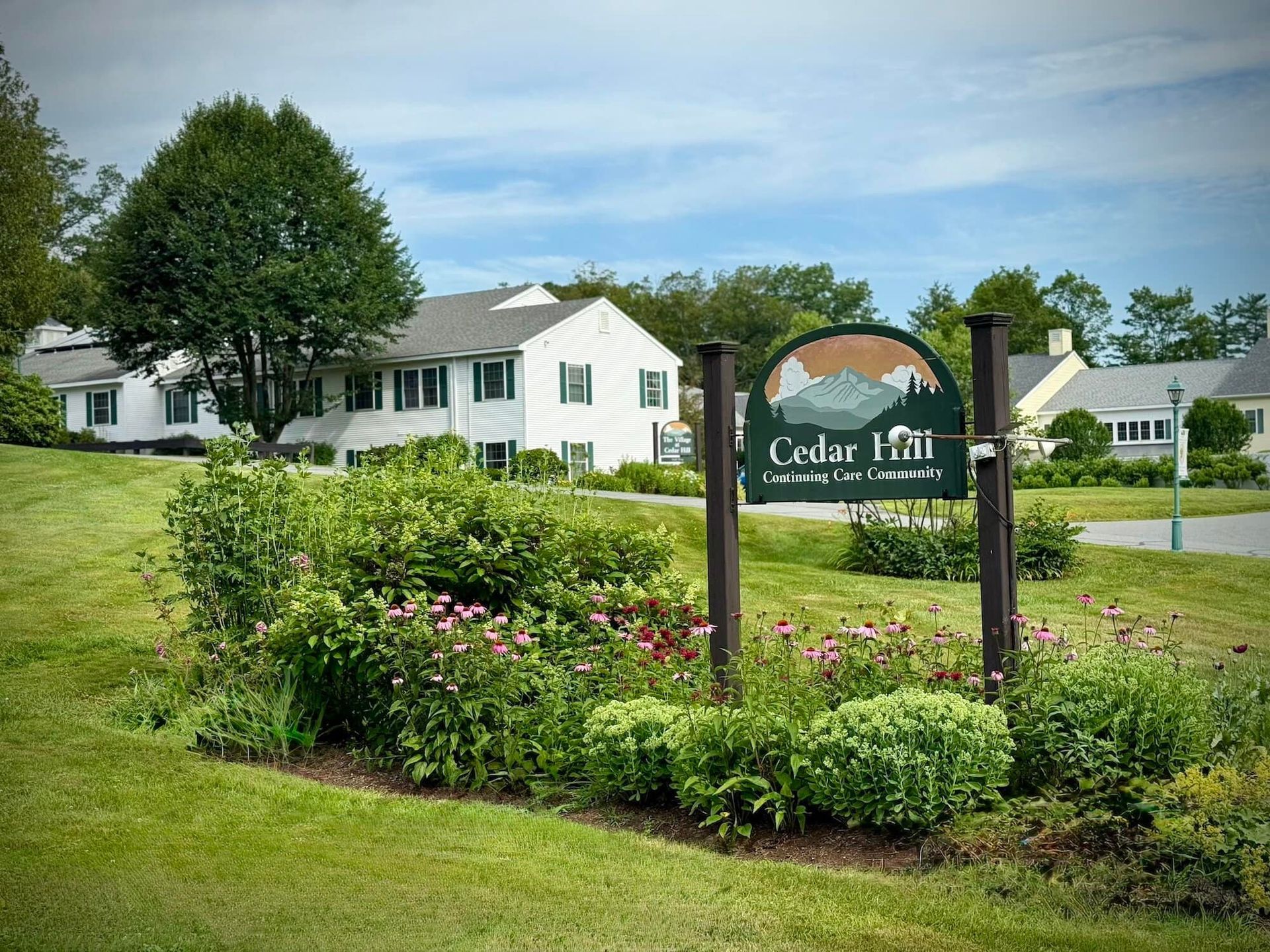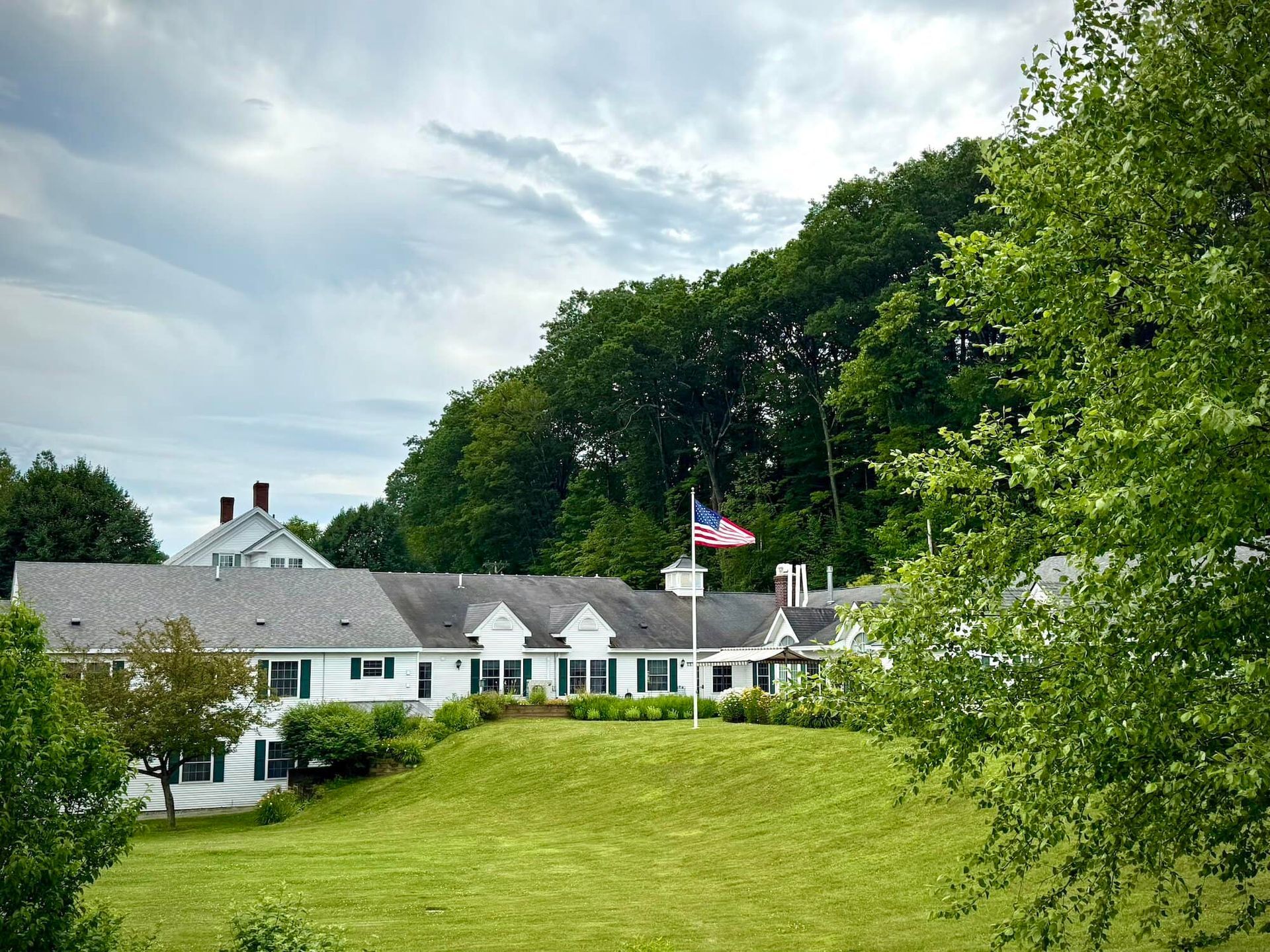Nursing home rehab facilities offer vital services for seniors needing short-term recovery or long-term care. These facilities provide comprehensive medical assistance, therapy sessions, and daily activity support.
Whether recovering from surgery or managing a chronic condition, understanding what to expect and how to choose the best facility can significantly impact quality of life. This article delves into the key features, services, and factors to consider when selecting a nursing home rehab facility.
Key Takeaways
- Nursing home rehab facilities provide a combination of short-term rehabilitation and long-term care, focusing on holistic support for senior residents.
- Key services in these facilities include skilled nursing care, various rehabilitation therapies, and comprehensive medical support to ensure residents’ independence and quality of life.
- When selecting a facility, it is essential to consider factors such as the type of care needed, length of stay, services offered, and cost considerations.
Understanding Nursing Home Rehab Facilities
Nursing home rehab facilities offer both short-term rehabilitation and long-term care for seniors, providing high-quality medical care and support. These facilities play a crucial role in assisting seniors with recovery, whether from a hospital stay or managing chronic health conditions, while maintaining their quality of life for both short- and long-term needs.
Skilled nursing facilities aim to create a safe, comfortable, and caring environment for residents. This involves 24-hour emergency care, assistance with daily activities, and supervised skilled nursing services. Nursing home care involves a holistic approach, ensuring the well-being and comfort of residents beyond medical attention.
Skilled nursing care, rehabilitation services, and medical support are key components of nursing home rehab facilities. These components are crucial in providing comprehensive care, ensuring residents receive the necessary treatment and assistance for recovery and long-term health.
Skilled Nursing Care
Skilled nursing care offers supervised nursing services for individuals recovering from illness or injury, supporting them until they can return home. Skilled nursing facilities employ a variety of professionals, including registered nurses, licensed practical nurses, and certified nursing assistants, to provide comprehensive care.
These specialists supervise care, manage medications, and coordinate treatment plans, tailoring each resident’s care plan to their specific needs. The ultimate goal is to rehabilitate patients effectively and ensure they reach a level of independence suitable for returning home.
Rehabilitation Services
Nursing home rehabilitation services often include:
- Physical therapy, which improves mobility and strength
- Occupational therapy, which aids with everyday skills
- Speech therapy, which addresses communication disorders
These services are tailored to each resident’s needs and help residents regain independence and improve their quality of life.
Medical Care and Support
Nursing homes manage medications and support chronic illnesses, ensuring nursing home residents receive adequate medical attention. These facilities offer daily living assistance, including help with personal hygiene and mobility.
The primary objective is to maintain residents’ quality of life over the long term, focusing on daily living activities over intensive rehabilitation. Nursing homes focus on providing a stable and supportive environment where residents can thrive.
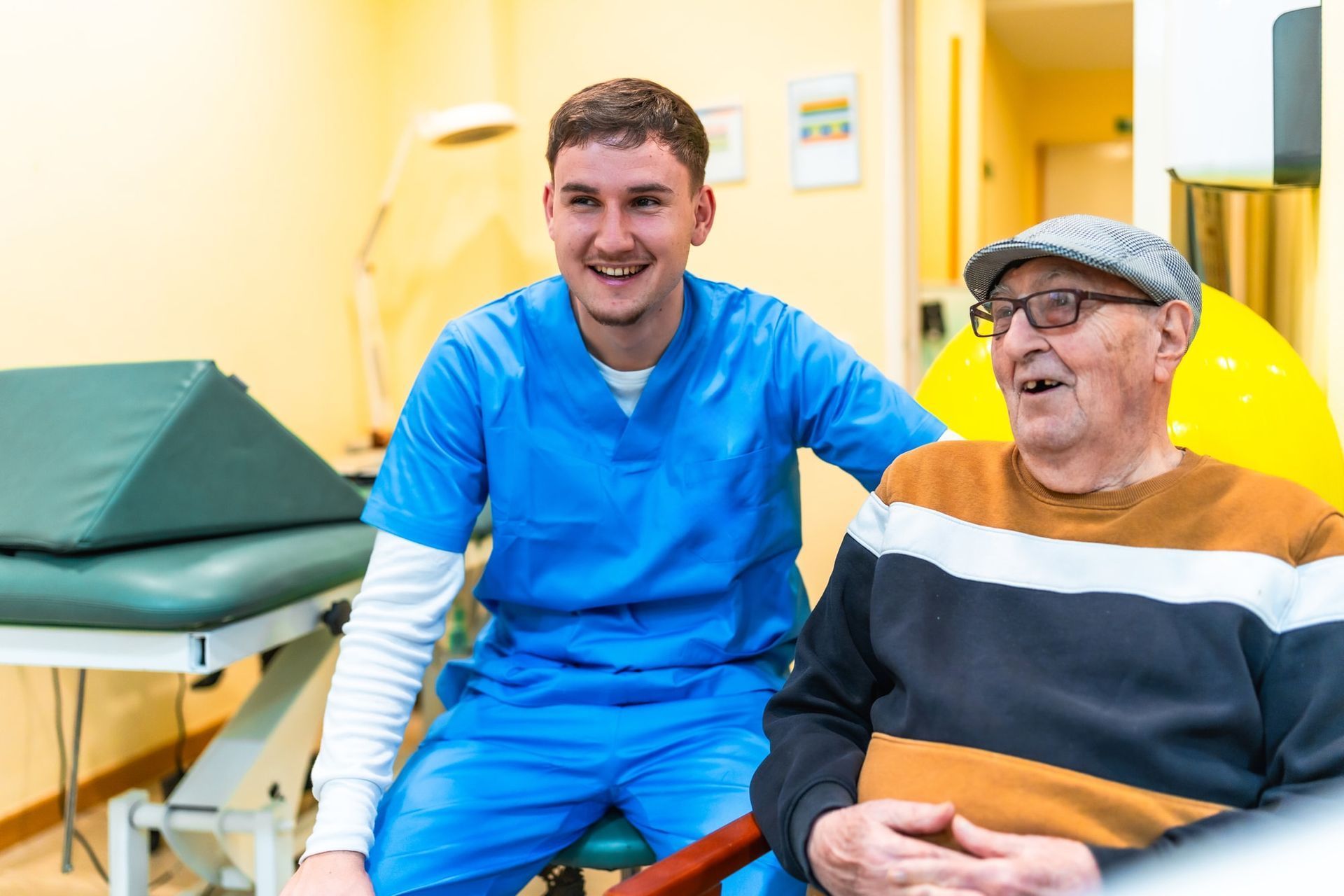
Key Differences Between Nursing Homes and Rehab Centers
Knowing the differences between nursing homes and rehab centers is vital when choosing the right facility for your needs. Both types of facilities provide critical support for older adults, offering various health and personal care services.
However, their goals, length of stay, and data services provided can differ significantly.
Goals of Care
Nursing homes focus primarily on long-term care, meeting the ongoing health needs of residents. The goal is to maintain a stable and supportive environment where residents can live comfortably.
Conversely, rehab services aim to help residents regain independence and improve their quality of life post-hospitalization. Assessing personal health requirements and rehabilitation objectives is essential before selecting a facility.
Length of Stay
Patients in inpatient rehab centers typically have shorter short term stays, averaging 10 to 35 days, due to the intensive nature of the rehabilitation services. In contrast, residents in nursing homes may stay for extended periods, often years, due to ongoing care needs.
Types of Services
Nursing facilities must offer nursing and related services, as well as specialized rehabilitation services. Nursing facilities offer long-term care services, including skilled nursing care and medication management. They also offer assistance with daily living activities.
Rehabilitation services at skilled nursing facilities may include specialized programs for various rehabilitation needs. Specialized rehabilitation programs are crucial in meeting residents’ specific recovery needs.
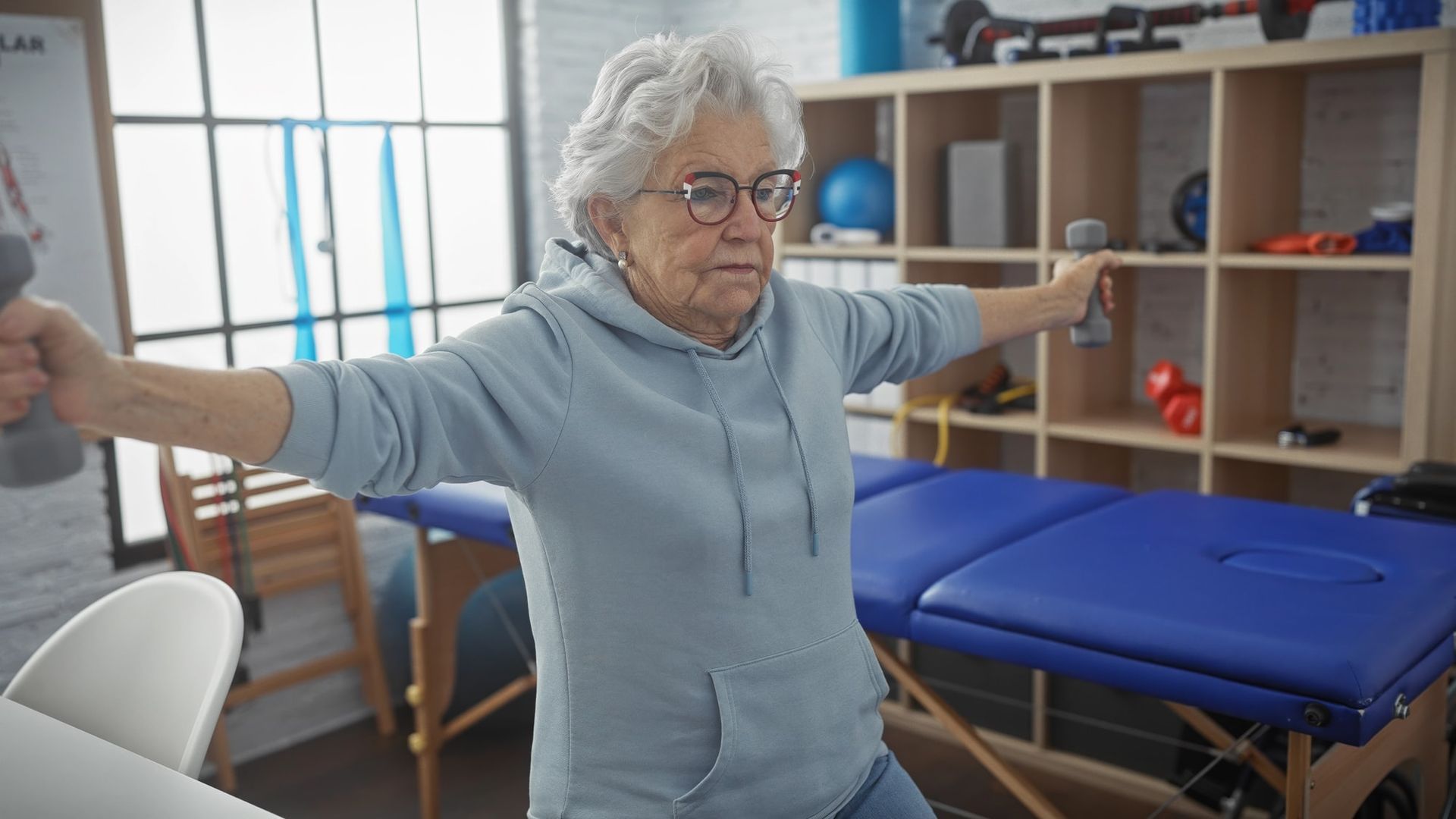
Choosing the Right Facility for Your Needs
Selecting the right facility requires careful consideration of important factors. Consulting healthcare providers, evaluating facility features, and considering cost, coverage, access, and surgery are necessary steps.
Cedar Hill promotes a supportive environment, encouraging independence while offering a range of care options tailored to individual needs.
Consulting with Healthcare Providers
Consulting healthcare providers is vital for identifying the best rehabilitative services rehabilitation options based on individual health needs. Support services may include transportation assistance for follow-up appointments post-rehabilitation. Meals delivery programs and social activities also facilitate community engagement.
These services ensure comprehensive care continues even after leaving the facility.
Evaluating Facility Features
When evaluating skilled nursing facilities, consider the following:
- The staff-to-resident ratio, indicating the level of attention each resident receives.
- During the tour, ask about staff qualifications.
- Observe staff interactions with residents.
Inquire about the types of facilities and services offered, such as memory care or rehabilitation options. Nursing homes assist residents with daily living activities, including eating, bathing, and dressing.
Cost and Coverage Considerations
Understanding cost and medicare coverage considerations is crucial when selecting a facility. Medicare Part A covers the first 20 days in a skilled nursing facility under the Part A deductible. Nursing homes usually accept various payment options. These include Medicare skilled nursing, long-term care insurance, and private payment.
Medicaid nursing facility services are available when other payment options are not. The individual must also be eligible for Medicaid services. Facilities may have varying costs based on services offered and location, impacting overall expenses.
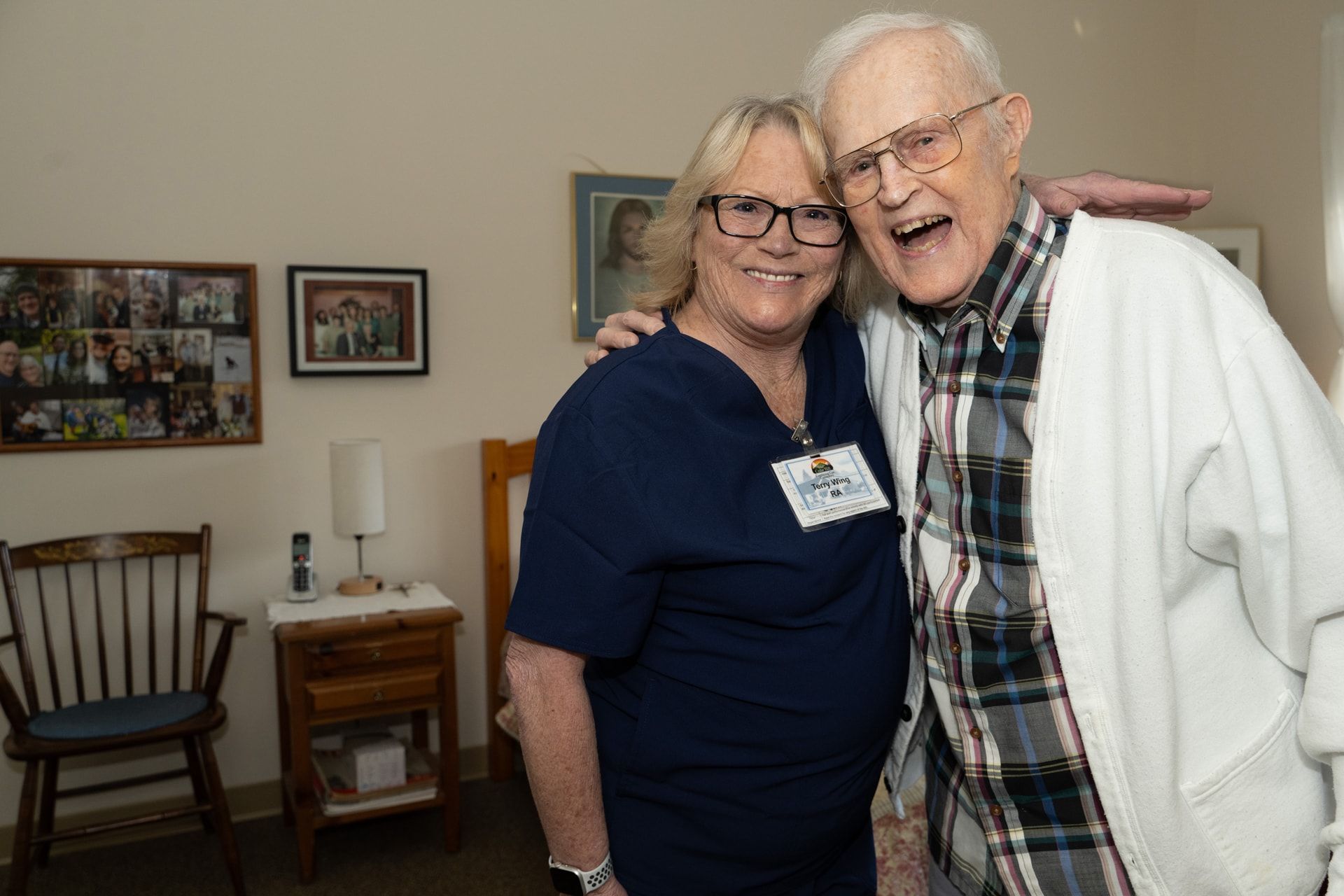
Cedar Hill Continuing Care Community: A Person-Centered Approach
Cedar Hill Continuing Care Community emphasizes a person-centered approach, fostering independence and personal potential while providing supportive care. The mission is to create an encouraging environment and supportive care for seniors, enabling independent living, dignity, and maximizing personal potential.
Cedar Hill has cared for the community for over 30 years and is recognized as one of the most respected Continuing Care Communities in the region.
Range of Care Options
Cedar Hill offers a continuum of care , including independent living, assisted living, short-term rehabilitation, skilled nursing, memory care, and end-of-life care.
This ensures residents receive the appropriate level of care as their needs change.
Professional Staff
Cedar Hill’s staff includes skilled professionals providing care. Support services include clinical coordination, skilled nursing care, and physical, occupational, cognitive, and speech therapy.
The expertise and dedication of Cedar Hill’s staff ensure personalized care and effective rehabilitation strategies.
Cedar Hill’s campus is designed to create a warm and inviting atmosphere, promoting residents’ comfort and well-being through thoughtful design and community spaces.
Welcoming Campus Environment
The design fosters social connections, enhancing the sense of family within the community.

Post-Rehabilitation Care and Transition
Post-rehabilitation care ensures a smooth transition and continued recovery. It includes long-term care planning and support services.
Long-Term Care Planning
Long-term care planning is necessary for individuals who may require ongoing assistance after rehabilitation.
Long-term care options include nursing homes and dedicated care facilities. Understanding the specific services offered by each type of facility is important when planning for long-term care.
Consulting healthcare providers is crucial to determine the best long-term care facility for individual needs. Financial considerations, including insurance coverage and out-of-pocket expenses, are significant in selecting a facility.
Support Services
Cedar Hill offers tailored support services to ease the transition from rehabilitation to home, ensuring continuity of care.
The advisory service that recommends appropriate home care agencies is free of charge. These services provide ongoing assistance and information for patients and their families.
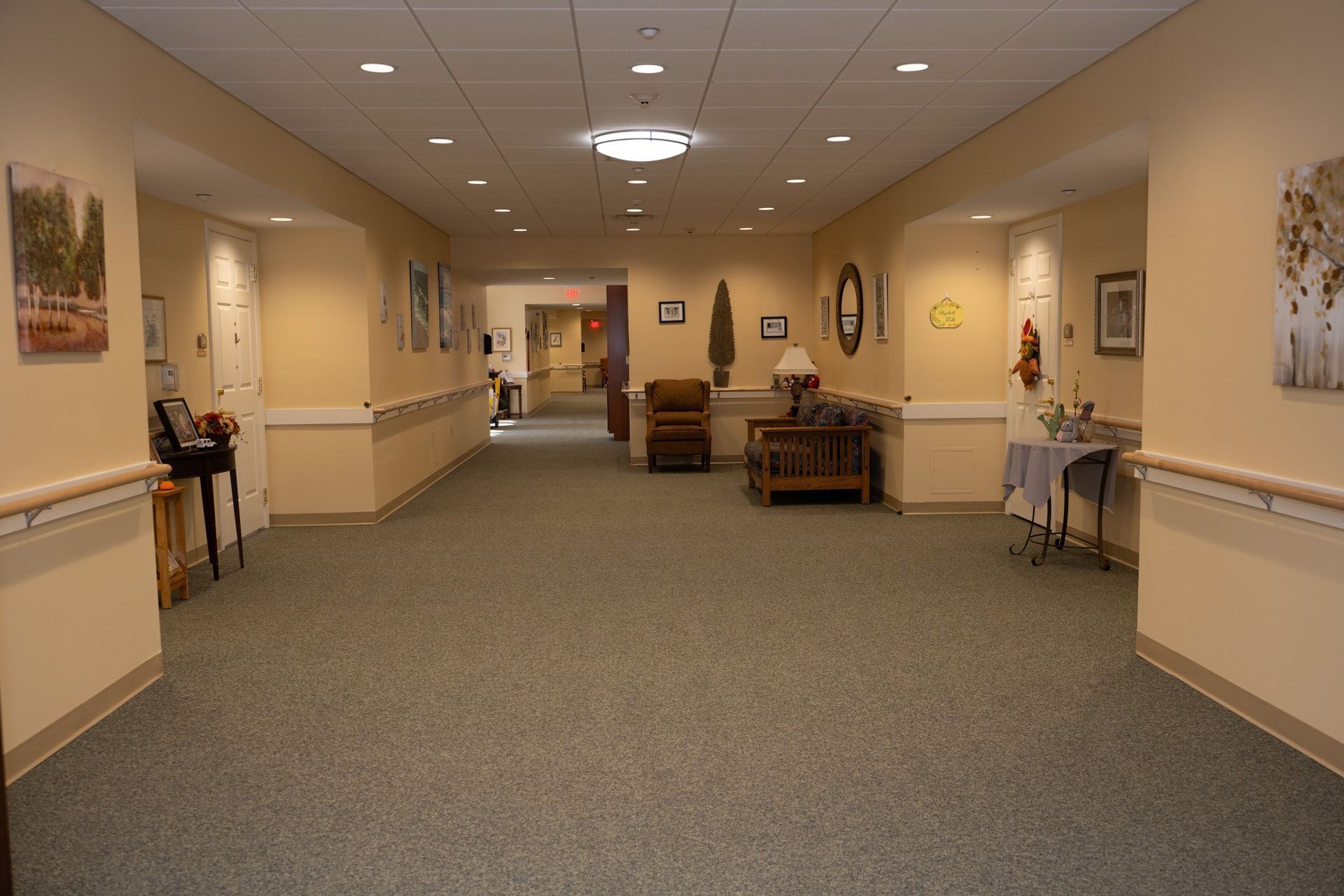
Scheduling a Tour at Cedar Hill
Scheduling a tour at Cedar Hill offers firsthand insight into the community and its offerings. Visiting Cedar Hill lets potential residents and families directly experience the community and its offerings.
How to Schedule
To arrange a tour at Cedar Hill, interested individuals can visit the facility’s website and fill out a request form, including their preferred date and time. The process is straightforward and user-friendly, designed to make it easy for potential residents and their families to explore the community.
To arrange a tour at Cedar Hill, interested individuals can visit the facility’s website and fill out a request form, including their preferred date and time. The process is straightforward and user-friendly, designed to make it easy for potential residents and their families to explore the community.
What to Expect During the Tour
During the tour at Cedar Hill, guests will get a firsthand look at the facilities and meet some of the staff members. Visitors can observe the interactions between staff and residents, giving insights into the quality of care provided. For tips on how to make the most of your visit to Memory Care, consider resources that offer guidance on engaging with residents and enhancing your experience.
Expect to see a variety of living accommodations and community activity areas tailored for residents. The tour also provides an excellent opportunity to ask questions about services offered and to get a feel for the welcoming campus environment.
Summary
Choosing the right care facility is a crucial decision that affects the well-being and quality of life for you or your loved one. Understanding the differences between nursing homes and rehab centers, evaluating the features of potential facilities, and considering cost and coverage are all essential steps in making an informed choice. Cedar Hill Continuing Care Community stands out with its person-centered approach, comprehensive range of care options, professional staff, and welcoming campus environment. We encourage you to take the next step and schedule a tour to experience firsthand the exceptional care and community at Cedar Hill.


